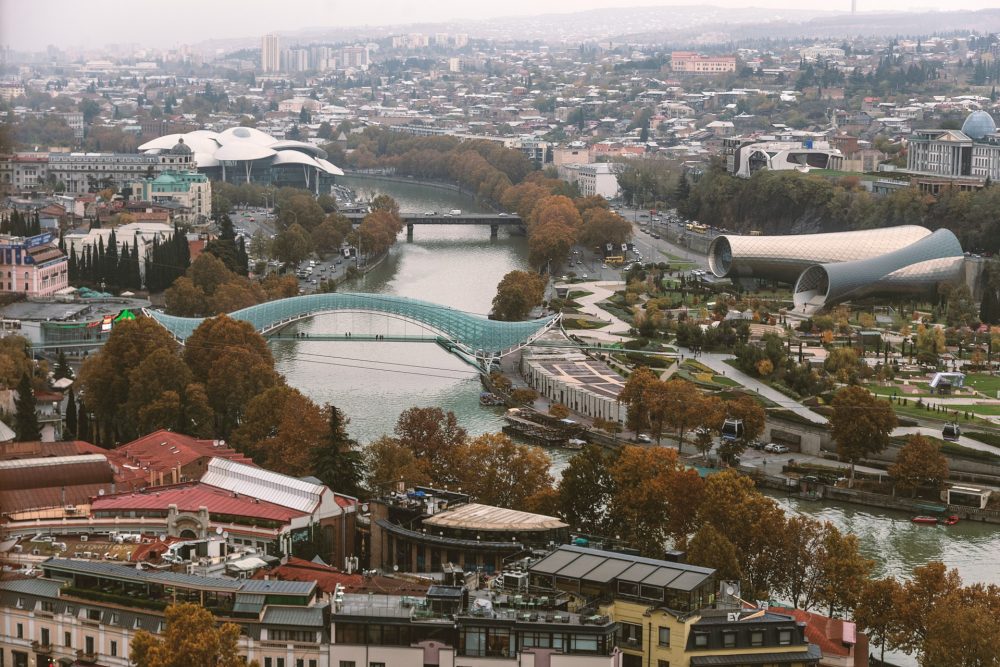Africa
Tourism revival in Morocco: a study of the three most promising markets
To prepare the resumption of tourism, the Moroccan National Tourism Office is studying all the promising niches. Among other things, three outbound markets are attracting a great deal of interest. These are sub-Saharan Africa, Israel and Portugal. The reasons for this choice is that Africa currently represents only 500,000 tourist arrivals in Morocco.

The Moroccan National Office of Tourism (ONMT) is actively preparing the revival of the tourism sector, one of the most affected by the collateral effects of the Covid-19 pandemic. To give itself the means for a rapid recovery, the Office intends to closely study three issuing markets that it considers “very promising.”
A study should be carried out by an external service provider to examine the potential of sub-Saharan Africa (Senegal, Côte d’Ivoire, Nigeria, South Africa, and Guinea), Israel, and Portugal. “Young international markets, which have cultural, historical and political affinities with Morocco, but also export potential and geographical proximity that enable them to quickly conquer market share,” it considers.
With regard to Africa, for example, the ONMT decided to position itself there because the continent is emerging as the engine of growth in the coming century. With more than one billion inhabitants, the second most populous continent in the world, as well as a steadily increasing purchasing power, a young population and a growing number of working people, Africa will inevitably sustain the world’s demographic and economic growth, especially since it has a large and constantly growing middle class, the Office notes. In terms of tourism, the potential is enormous.
Read more about the tourism revival in Morocco and find other important economic news from around the world with the Born2Invest mobile app.
500,000 African tourists per year
Indeed, Africa currently represents only 500,000 tourist arrivals in Morocco and sub-Saharan Africa only 2% of these arrivals, out of 10 million tourists that the kingdom receives annually. According to the Office, this level can easily be raised because of the integration and co-development efforts recently made by the Kingdom which have led to the lifting or improvement of conditions for obtaining visas and the launch of the Free Trade Area of the African continent (FTAA).
As for the Portuguese market, even if it is among the classic markets for international tourists, the Office believes that “it is necessary to refine the knowledge and understanding of the behavior of Portuguese tourists in order to glean more market share”. Regarding the Israeli market, the Agency emphasizes that it is a country with considerable potential to be seized. Indeed, in 2019 out of a population of 9.136 million inhabitants, 8.473 million went on tourist trips abroad and spent 9.765 million US$ (about 100 MDH). This number of trips has experienced an average annual growth rate of 13% over the last 5 years and the top five favorite tourist destinations for Israeli travelers are Italy, Turkey, Thailand, the United States and Egypt. “If Turkey and Egypt, two of Morocco’s main competitors, each receive an average of 400,000 Israeli travelers per year, it is because the kingdom can also do it,” notes the ONMT.
Strong potential of the Israeli market
In any case, the latest developments in diplomatic and economic relations between the two countries will certainly activate the tourist demand of the Israeli market which already shows great interest in destinations with attributes close to Morocco. It is therefore essential to study this market in order to activate the most promising segments within the framework of the revival of the national tourist industry, underlines the Office.
On these three markets, the chosen service provider will be in charge of carrying out a field survey which will provide a detailed profile of tourists, explain and clearly illustrate their purchasing and travel behavior and carry out an operational segmentation to which will be added a focus on the analysis of the perceptions of the destination and its product portfolio.
90 days to conduct the study
The study to be carried out around these three markets, over a period estimated a priori at three months, should make it possible to assess the position of the destination in relation to the competition around the Mediterranean Rim, through a competitive analysis. It would likewise determine the product/destination pair, in order to orient the marketing investments to be made.
On the reception side, i.e. incoming, the Moroccan tourist destinations to be studied by the service provider are Tangier, Saidia, Fez, Meknes, Rabat, Casablanca, Marrakech, Essaouira, Ouarzazate, Agadir, Dakhla and Azilal. And the targeted products are golf, wellness, water sports, nature, adventure, religious tourism and shopping.
__
(Featured image by Meliani Idriss via Pexels)
DISCLAIMER: This article was written by a third party contributor and does not reflect the opinion of Born2Invest, its management, staff or its associates. Please review our disclaimer for more information.
This article may include forward-looking statements. These forward-looking statements generally are identified by the words “believe,” “project,” “estimate,” “become,” “plan,” “will,” and similar expressions. These forward-looking statements involve known and unknown risks as well as uncertainties, including those discussed in the following cautionary statements and elsewhere in this article and on this site. Although the Company may believe that its expectations are based on reasonable assumptions, the actual results that the Company may achieve may differ materially from any forward-looking statements, which reflect the opinions of the management of the Company only as of the date hereof. Additionally, please make sure to read these important disclosures.
First published in LesEco.ma, a third-party contributor translated and adapted the article from the original. In case of discrepancy, the original will prevail.
Although we made reasonable efforts to provide accurate translations, some parts may be incorrect. Born2Invest assumes no responsibility for errors, omissions or ambiguities in the translations provided on this website. Any person or entity relying on translated content does so at their own risk. Born2Invest is not responsible for losses caused by such reliance on the accuracy or reliability of translated information. If you wish to report an error or inaccuracy in the translation, we encourage you to contact us.

-

 Africa7 days ago
Africa7 days agoCôte d’Ivoire Unveils Ambitious Plan to Triple Oil Output and Double Gas Production by 2030
-

 Biotech2 weeks ago
Biotech2 weeks agoGalicia Becomes First in Spain to Approve Gene Therapy for Hemophilia B
-

 Business4 days ago
Business4 days agoThe TopRanked.io Weekly Digest: What’s Hot in Affiliate Marketing [NordVPN Affiliate Program Review]
-

 Fintech2 weeks ago
Fintech2 weeks agoBitget Secures Operational License in Georgia, Strengthening Its Eastern Expansion

























